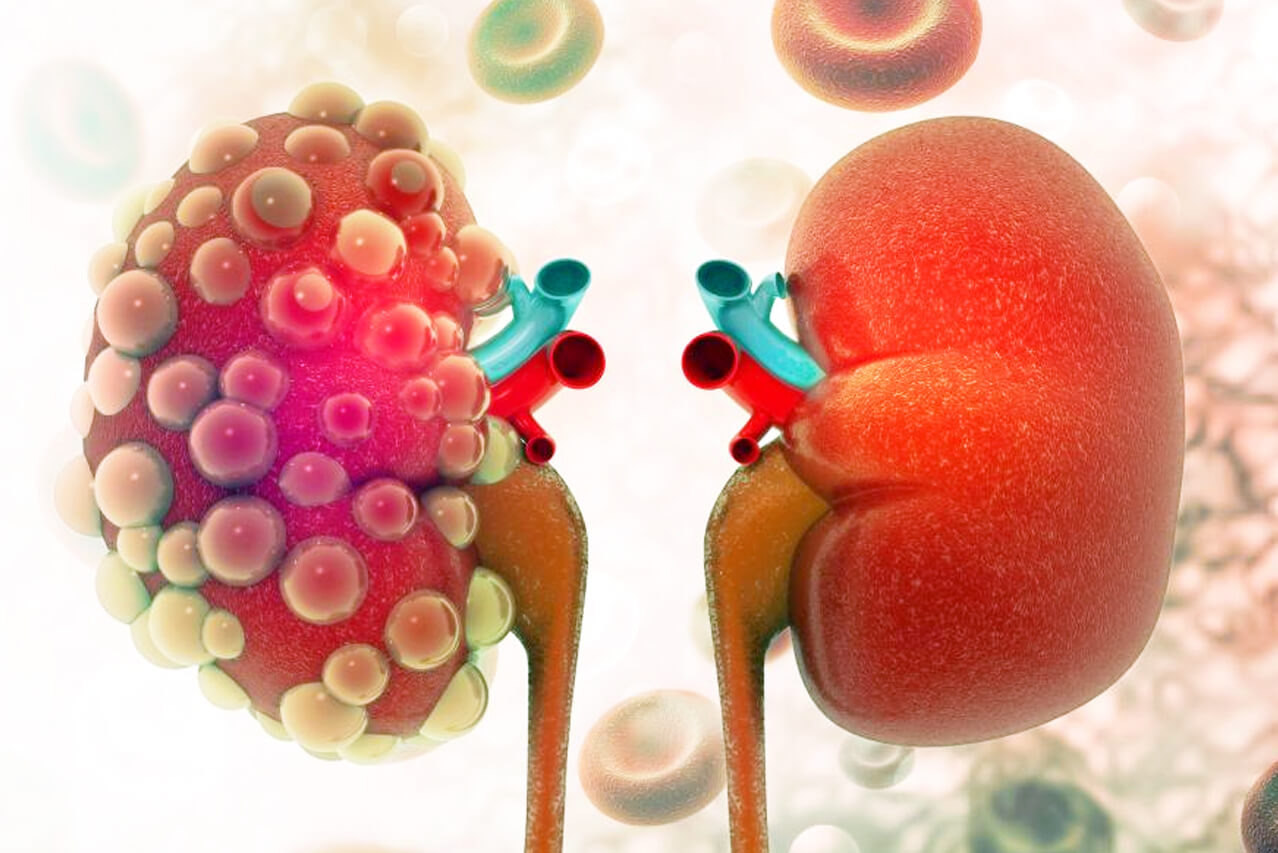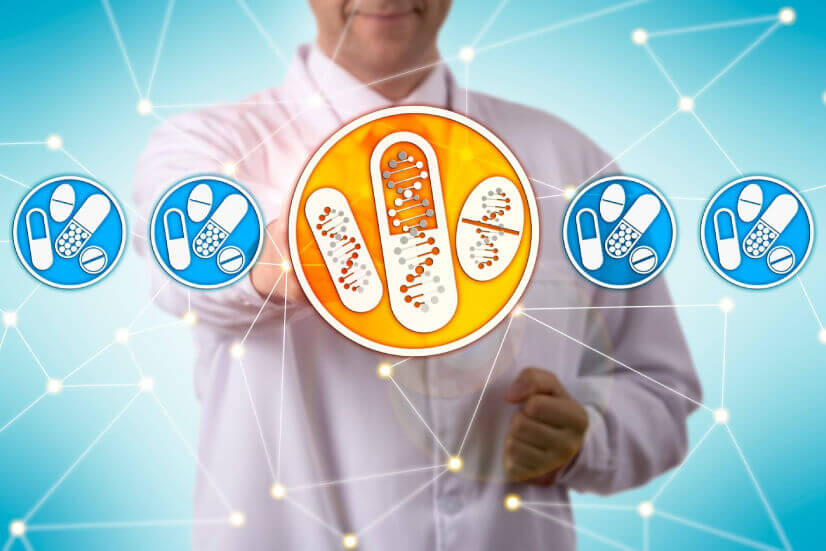Introduction to the Article
The kidney is an essential part of our body. It is a pair of organs in the abdomen, and its function is to clean our blood of waste and extra water. The kidneys are also responsible for maintaining the chemical balance in our bodies. They also aim to make hormones in the human body that control blood pressure and force bone marrow to produce red blood cells. In this article, you will learn about kidney diseases and the symptoms of kidney infections. Also, you will learn how to strengthen your kidney and keep it safe from diseases.
Table of Contents
- Anatomy and Function of the Kidney
- Kidney Diseases
- Symptoms of kidney infections
- How to avoid kidney infections
- Conclusion
Anatomy and function of the kidney
At the rib cage’s base, two kidneys are about the size of a fist. On either side of the spine, there is a kidney. The length of each kidney is around 4 to 5 inches, or about the size of the fist of an older man. Your kidney’s function is to filter blood. They eliminate waste, manage the fluid balance in the body, and maintain the proper electrolyte levels. They receive roughly 40 blood passages per day from the whole blood in your body.
The kidney receives blood, filters out waste, and, if necessary, adjusts salt, water, and minerals. The body gets the filtered blood back. Waste is converted into urine, accumulating in the kidney’s pelvis and draining to the bladder through a tube known as the ureter—nephrons, a million-plus microscopic filter found in each kidney. However, you might not have any symptoms or difficulties if only 10% of your kidneys function normally.
Kidney diseases
Suppose we talk about kidney diseases. Many diseases a kidney suffers from are also caused when the kidney is not functioning properly. A few disorders are given below.
Chronic Kidney Disease:
It is one of the most common diseases a kidney patient faces. The main reason for this disease is high blood pressure. It is a long-term problem that takes time to recover from infection. We should remember that high blood pressure is extremely dangerous for the kidneys as it exerts significant pressure on the glomeruli. With time, increased pressure infects the vessels, and kidney functions start to decline.
Diabetes also plays a major role in CKD. A group of illnesses known as diabetes raises blood sugar levels. The elevated blood sugar level gradually harms the blood vessels in the kidneys. As a result, the kidneys are unable to clear the blood. When your body becomes saturated with pollutants, kidney failure can happen.
Kidney Stones
Another problem with the kidneys is kidney stones. They develop when blood-borne minerals and other chemicals crystallize in the kidneys to create solid masses. Typically, kidney stones leave the body through urination. Kidney stones seldom result in serious issues, but passing them can be excruciatingly uncomfortable.
UTIs
UTIs are frequent infections brought on by the bacterial invasion of the urinary tract through the urethra. Although the disorders can affect different regions of the urinary system, a bladder infection is the most prevalent (cystitis). Pyelonephritis is also a form of urinary tract infection that affects the kidneys.
Polycystic Kidney Diseases
Cyst colonies develop largely within your kidneys due to polycystic kidney disease (PKD), a genetic ailment that causes your kidneys to expand and become less functional over time. Cysts are fluid-filled, spherical, non-cancerous sacs. The cysts can get very large and come in a variety of sizes. Your kidneys are harmed if you have a lot of cysts or big cysts.
Glomerulonephritis
The glomeruli become inflamed in glomerulonephritis. Glomeruli are incredibly tiny kidney structures that filter blood. Glomerulonephritis can be brought on by illnesses, medications, or conditions that develop during or shortly after birth. Naturally, things frequently get better.
Symptoms of kidney infections
Symptoms of kidney infections do not appear instantly. But after hours, the kidneys can even take two days to inform you about their illness. Some common symptoms of kidney infections are:
- Abdominal pain
- Back or side pain
- Continuous urination
- Burning urination
- Painful urination
- Blood or puss during urination
- Fever
If a person faces any of these symptoms, he must visit a doctor to prevent his kidney from getting more infected.
How to avoid kidney infections
Doctors suggest multiple ways to prevent the kidney from getting infected by bacterial infections. Some of the best ways to avoid kidney damage are listed below:
- Lose weight if you own too much
- Regular exercise
- Use a lot of water
- Maintain your blood pressure
- A quick check-up if you find any symptoms
- Quit smoking and alcohol
- Use salt in a low amount.
- Eat more fruit and vegetables.
- If you have diabetes, try to keep your blood sugar level normal.
Conclusion
As mentioned above, kidneys are important parts of the body. Healthy kidneys are the guarantor of a healthy life. So, all human beings should treat them as their friends. Because their infections are very dangerous, sometimes they can even be fatal. Many cases are seen in circumstances where no option is left without kidney transplantation. In the end, we can conclude that everyone should use hygienic food and consume water in a regular amount to protect their kidneys. If someone is suffering from these indications, he must go to the doctor and use regular medication according to the doctor’s suggestions.










